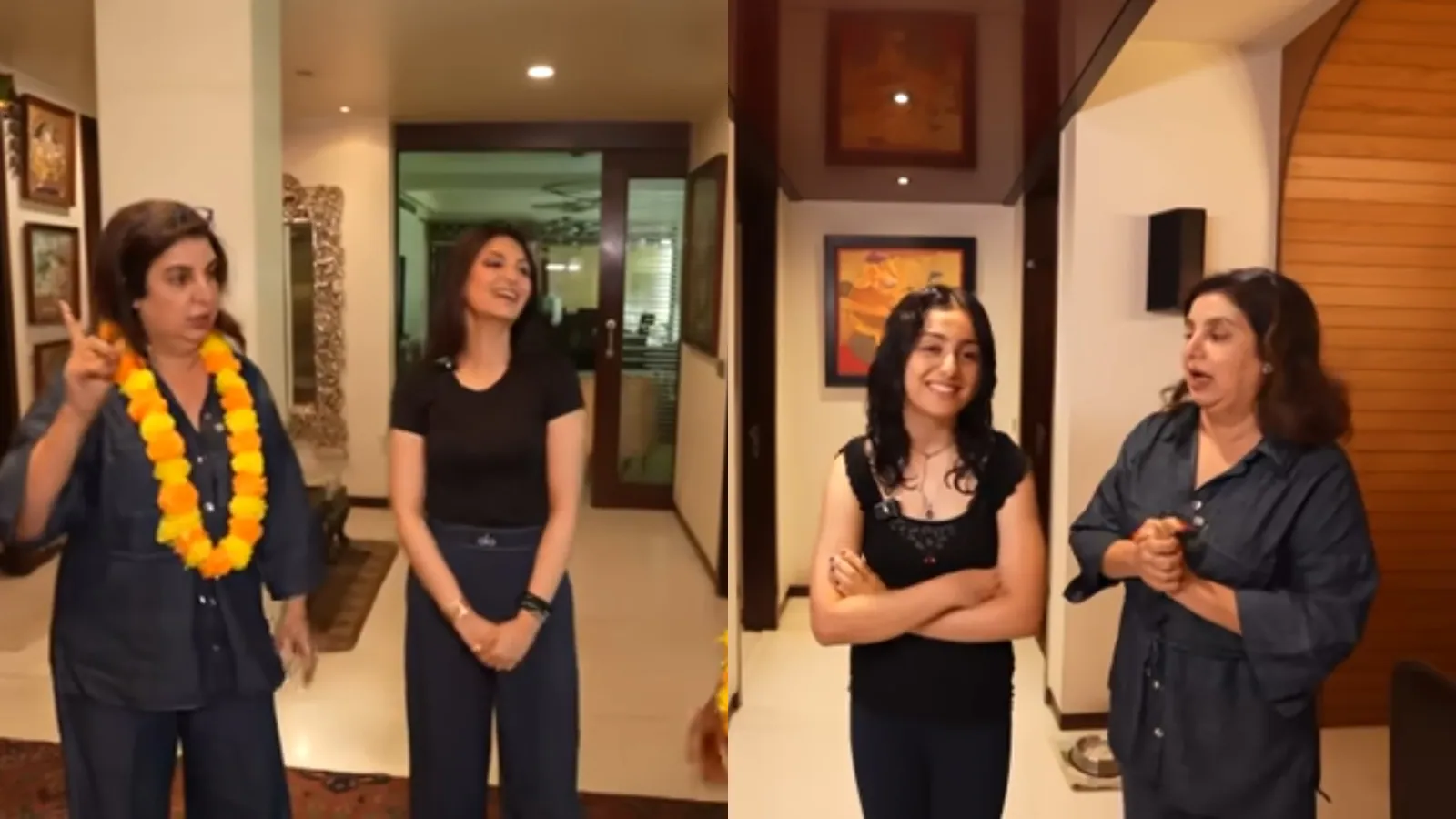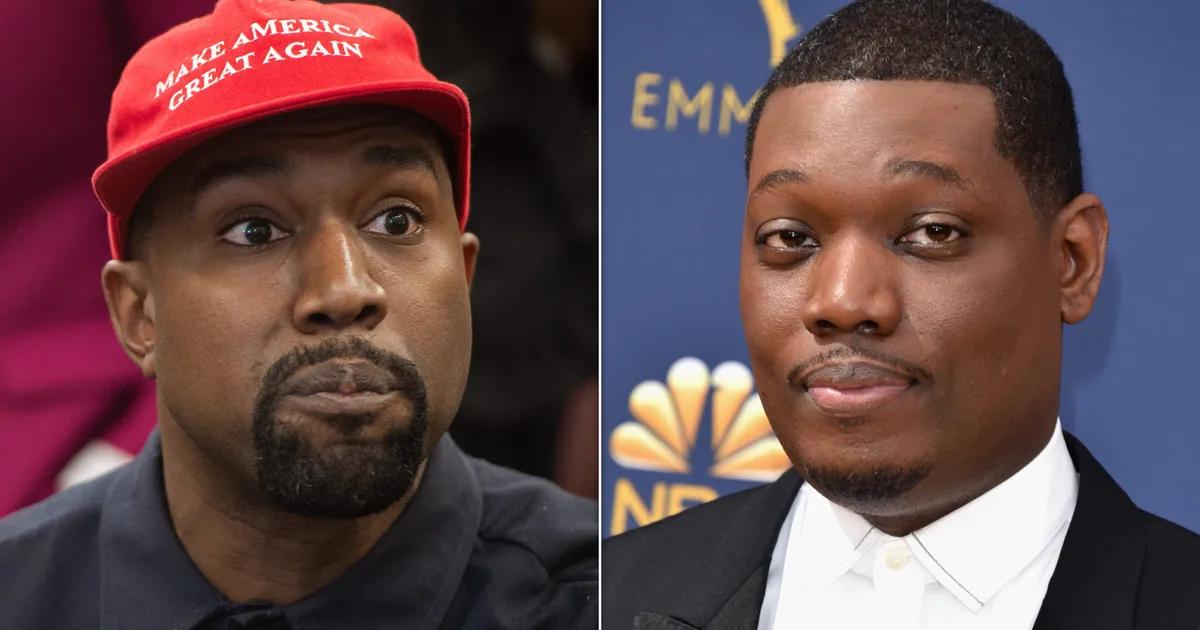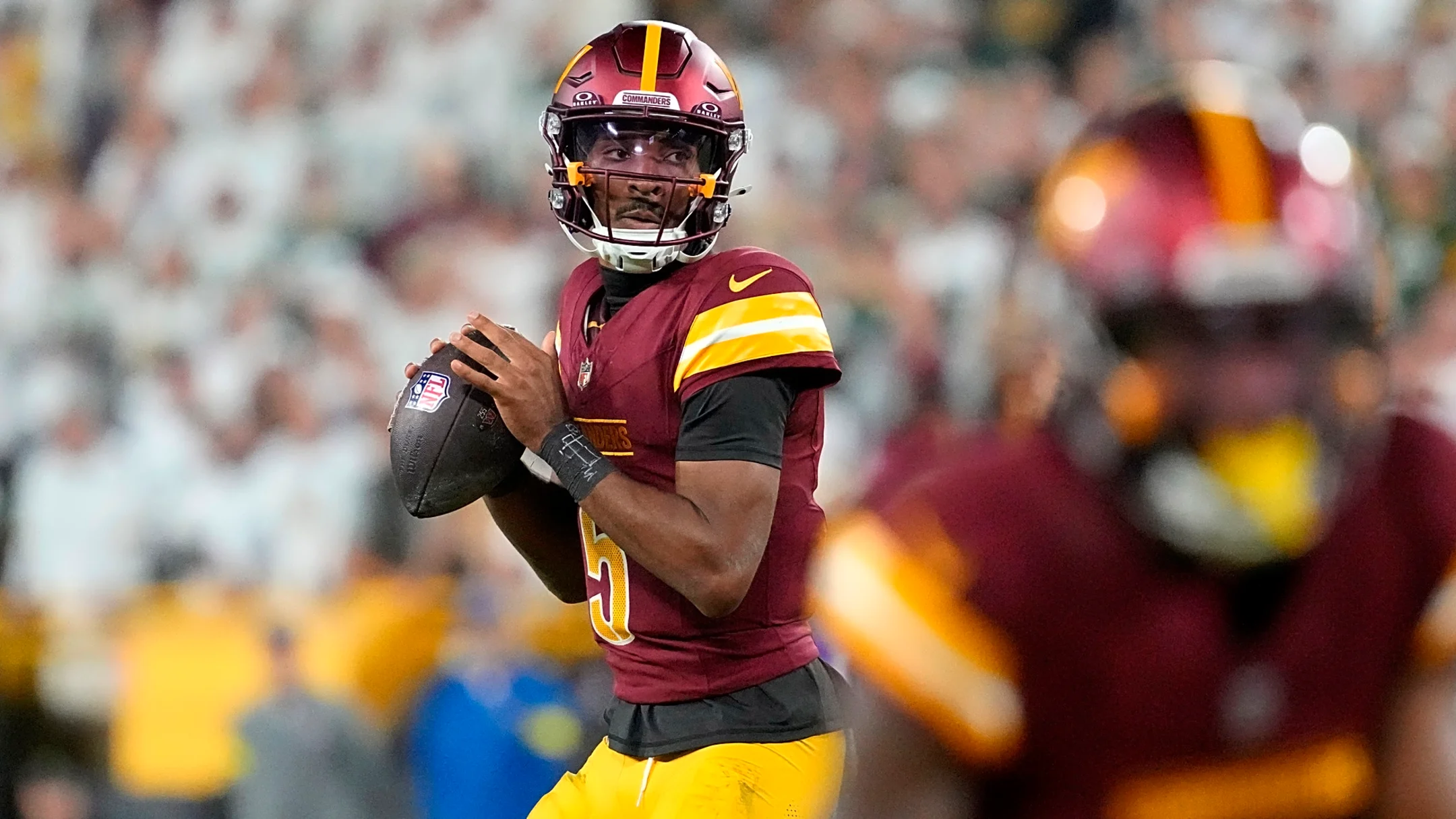Aamina Sheikh’s return to TV with Case No. 9 is a case of doing the right thing at the right time
By Eefa Khalid
Copyright dawn

After seven long years away from television, Aamina Sheikh is finally back and she’s returning with not one, but two major projects. Her first on-screen comeback is Case No. 9, a courtroom drama that takes on one of the most pressing issues in our society: rape cases and how they move through the justice system. She will also be seen in Pakistan’s first Netflix original, Jo Bachay Hain Sang Samait Lo, which was the first project she shot after her hiatus and will soon bring Pakistani narratives to a global platform.
Sheikh has always been a rare presence in the industry: authentic, articulate and deeply thoughtful in her craft. From Bhaag Amina Bhaag to Pakeeza, her roles have carried weight and meaning, which makes her return to stories with substance all the more fitting.
To talk about this long-awaited return, I sat down with Sheikh for a conversation that unfolds in two parts: a written Q&A and a video interview, each with its own set of questions. The actor told me about her comeback, her Netflix debut and what it feels like to step back into acting after seven years away.
Q. After seven years away from television, what made you say yes to Case No. 9?
It was a matter of doing the right thing at the right time for me.
Beenish Ali, the character offered to me, is a prosecutor. She leads the legal battle for a rape victim in the courtroom. Through her, we navigate the justice system of Pakistan and the legal nuances of rape cases. The audience will finally receive detailed awareness of the laws, as well as knowledge of the progressions that have taken place in the legal system with regard to rape cases. Actual rape cases from our recent legal history will be referenced, put into context and explained in a way that helps the audience understand them. The legal developments that have taken place in Pakistan to empower victims and disempower rapists will be fully explored in this courtroom drama.
It’s a matter so relevant to our society, so needed in this moment and such a real opportunity to empower people through a dramatic narrative. When Case No. 9 came my way, I couldn’t refuse.
Equally important was the timing. Personally, it came at a point when I could finally step away from my nest and dedicate myself to a project of this magnitude. On top of that, the concept and script were penned by one of the leading news journalists of our time [Shahzeb Khanzada], someone who has had firsthand insight into numerous cases and has deeply studied the legal system, which brings authenticity and credibility to the project. His vision, backed by a leading production house, Pakistan’s pioneering TV channel, an ace director and an ensemble of seasoned, powerhouse actors, further cemented the project’s premium quality and ensured its potential reach and impact.
So yes, for me, the answer was inevitable.
Q. Was it difficult stepping back into character work after such a long break, or did it feel like coming home?
My first return to set after my hiatus was actually in 2024, for the Netflix series Jo Bachay Hain Sang Samait Lo, which hasn’t been released yet. That project truly felt like coming home. My muscle memory, much to my pleasant surprise, kicked in and I picked up where I had left off, easing into the character and thoroughly enjoying myself.
Case No. 9, however, was a completely different ballgame. I had the fright, the jitters, the cold feet, the nerves, you name it. It felt like an uphill task to tackle such extensive and complex hearings. As lawyers, getting into our uniforms and taking our designated spots day in and day out, in a stately courtroom with all its main players in place as we took centre stage, felt daunting and overwhelming. It also gave its fair share of an adrenaline rush, realising that we are actually doing this and it all feels so incredibly real. It was a daily win for us all as a production to move through the tedious motions of each hearing so strategically and intricately in the courtroom for days on end till its final completion.
Q. Did you miss acting, or was the break intentional?
The hiatus was very intentional on my part. I needed a break. I wanted to recalibrate and rebuild my family life, nurture and raise my children in their early years. The nest I built then required my complete attention and time, and it was important to focus on that. It has done us well as a family.
Before that, I had been working nonstop for 15 years with full dedication and drive, leaving no stone unturned. So, no, I didn’t miss acting during the break; the same dedication and drive were simply redirected to another important aspect of my life. The personal growth that came with this has been exponential and invaluable. Now, I feel more well-rounded and expanded as a human being, capable of offering more.
Q. Your first step back onto a set was for a Netflix project that hasn’t aired yet. How did that project come about and what was the experience like working on it? Was it different from being on a drama set?
Yes, as I mentioned earlier, that was my real comeback on set, as opposed to Case No. 9, which is my real comeback on screen. Jo Bachay Hain Sang Samait Lo was offered to me in 2023 and I joined the shoot a few months later in 2024.
It’s a special gateway project for our entertainment industry: Pakistan’s first original Netflix series. That in itself carries a huge moment of pride for the fraternity, a milestone in our collective history as we crossover globally on a platform like Netflix. It opens doors and gives the world an opportunity to see our homegrown talent rise to premium global standards, making way for more exchanges and crossovers.
The experience on set was surreal. The team felt like home. Technically speaking, yes, there were certain guidelines to follow that were different from our local releases. At its core, however, it was a culmination of the best of what Pakistan’s drama industry has to offer — especially in storytelling and narrative, which is what we’re known for.
Q. Without giving away what you can’t, can you tell us a little about your role in it or at least what made it exciting for you?
As the enthusiasts already know, it’s a true ensemble cast, with each character integral to the overarching plot. Without going into too much detail about my role, what made it exciting for me was that she is a foundational character in the primary track of the story. That gave us the opportunity to work across timelines and time periods, which created wonderful nuances in both aesthetics and performance.
Q. The teasers for Case No. 9 suggest it’s a morally complex courtroom drama. As someone playing a lawyer at the heart of it all, how did you prepare for such an intense and layered role?
Yes, you’re right — it is a morally complex courtroom drama. One of the challenges of playing Beenish Ali, the prosecution lawyer, was her almost two-dimensional depiction. There are no greys about her. We don’t indulge in her backstory or emotions. She’s a straight shooter, a thorough professional, there only to perform her duty as part of the justice system and to advocate for victims through the clear, defined laws of justice.
What was daunting yet moving was the responsibility vested in her role to educate the masses on real trial acts and Supreme Court rulings from past cases — landmark decisions that changed the trajectory of rape cases in Pakistan. Going through those parts of the script was eye-opening and momentous.
Q. You’ll be facing off with Noorul Hassan, who plays the defence lawyer. What was it like sharing the screen in those courtroom battles and how did that dynamic shape the performance?
I had never worked with Noorul Hassan before, nor had I even met him. I wasn’t sure what to expect. I soon realised I was in for a treat. He brought all the theatrics and antics needed to balance out my straight-shooting character. I found myself thoroughly entertained by his take on his role and the ways he executed his lines. He will hook the audience in ways they won’t see coming!
On set, he was a joy — curious, wise, literary, funny and incredibly encouraging. Every day, he would tell me how exciting it was to have me back, that I was missed on screen and how I must keep going. Little did he know how much those kind words kept me afloat through the long, arduous days of court.
Q. In the time you’ve been away, television has changed enormously, with shorter dramas, digital platforms and social media shaping careers. What’s the biggest difference you’ve noticed coming back?
Fortunately, in both my return projects, Case No. 9 and Jo Bachay Hain Sang Samait Lo, I was with actors and teams who are my contemporaries. It felt more like a reunion than being in new surroundings, so the general ethics and mannerisms were very warm and welcoming, similar to my experience before.
Having said that, what has changed is the attention given to social media in the mix of production. From individuals to entire production teams, everyone now has a social media agenda running alongside the main project; sometimes it distracts from the intimate, creative process and at other times it enhances aspects for both the team and the audience. It’s an added layer, a production within a production.
Q. Do you feel actors today are expected to perform both on-screen and online, and how do you feel about that?
Yes. There is definitely that expectation now. As an actor from a time before social media, that wasn’t something I had signed up for. Actors often just want to switch off and be themselves when off camera. Nowadays, social media has become a promotional tool intertwined with the craft. It’s fast changing and while it serves to upskill and reach audiences, it’s also important to preserve the sanctity of the original craft and the creative process.
Q. You’ve been living in Dubai during this time. Did you ever imagine projects from Pakistan would still find you there?
Long-term associations in the industry create goodwill. Having worked consistently for 15 years, with colleagues and well-wishers keeping in touch, I knew projects could find me. Some long-term brand associations, like Dalda and Lifebuoy, kept running even after I moved to Dubai.
Yes, I did expect opportunities to come my way, especially with Dubai being so close to Pakistan. During my hiatus, I passed on significant projects to focus on my newborn and young family. By the time Jo Bachay Hain Sang Samait Lo and Case No. 9 came along, the timing worked beautifully for me to resume work and Alhamdulillah, I was ready to take it in stride.
Q. How has living in Dubai influenced your career choices and do you see yourself balancing both places now?
Living a full life in Dubai has broadened my perspective, exposure and access to a more diverse, global network. That has definitely influenced how I view my career moving forward. Yes, I see myself balancing both places and wherever else work and family pursuits beckon.
Q. When you look back at the Aamina who left the screen years ago and the Aamina returning now, what feels most different about you as an actor and as a person?
Life experiences and exposure are proportionate to an artist’s range and offerings. What we endure, the choices we make and what we spend our time learning, all translate to our elasticity both as a person and as an artist.
There has been a metamorphosis. I experience things from a different vantage point now, more authentic to my true self, with deeper connections to my surroundings and community. I can better discern what is real and meaningful. I’m more connected to my feminine energy and have a more profound understanding of life — its fragility, dichotomy and transient nature.
Q. After Case No. 9 and the Netflix release, should fans expect to see you more regularly, or will you continue to stay selective about your projects?
Both projects are meaningful milestones for me and for the progression of our industry. Quality over quantity has always been my compass. It’s important for me to be part of projects that genuinely challenge me, carry a message and connect with the audience. For me, it’s less about frequency and more about making each project count — so that whenever I appear on screen, it feels authentic, powerful and worth the wait. My long-standing, thoughtful fans know this and have always stood by me. My gratitude for them is constant.



